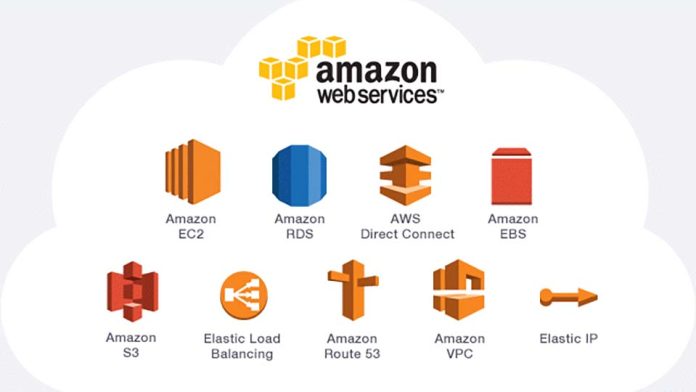Confused about your options when it comes to cloud and dedicated hosting for your application or website?
Below, you’ll find a definition of each followed by an overview of their differences.
Cloud servers can be configured to provide levels of performance, security, and control similar to those of a dedicated server. But instead of being hosted on physical hardware that’s solely used by you, they reside in a shared “virtualized” environment that’s managed by your cloud hosting provider. You benefit from the economies of scale of sharing hardware with other customers. And, you only pay for the exact amount of server space used. Cloud servers also allow you to scale resources up or down, depending on demand, so that you’re not paying for idle infrastructure costs when demand is low.
With cloud servers, you can optimize IT performance without the huge costs associated with purchasing and managing fully dedicated infrastructure. Businesses with variable demands and workloads often find that cloud servers are an ideal fit.
A dedicated server is a physical server that is purchased or rented entirely for your own business needs. Dedicated servers are typically used by large businesses and organizations that require exceptionally high levels of data security, or organizations that have steady, high demands for server capacity.
With dedicated servers, businesses still need the IT capacity and expertise to manage ongoing maintenance, patches and upgrades. Businesses using I/O-heavy applications, such as databases and big data platforms, find significant value in bare metal dedicated hardware.
With Amazon Web Services, scalability and costs are throttled by “buy what you need”
Benefits of Cloud Computing
Deployment Speed
With cloud servers, you can have resources online within minutes. But with dedicated servers, the lead time is considerably longer.
High Availability
Building a high availability (HA) cloud environment can cost less, and configuration can be completed in minutes. Building an HA cloud on dedicated infrastructure with load balancers can take days.
Compartmentalization
The cloud allows for easy compartmentalization of resources by function for easy scalability, management, and resource segmentation. This type of compartmentalization can be expensive with dedicated hardware.
Security and Compliance
To satisfy security and compliance concerns, dedicated hardware is best. Hybrid cloud lets you combine public cloud with private cloud or
Access to Tools
In a cloud environment, community-driven APIs are often available for automatic scaling, provisioning, and management. In a dedicated environment, you may have to wait for vendor-driven development.
Monitoring and Support
Cloud servers include monitoring, alerts, and support. Setting this up and getting deep technical support for dedicated environments is more complex, and vendor-specific technical support can be costly.
- Perplexity sees India as a shortcut in its race against OpenAI
- ‘Utopian’ city California Forever announces huge tech manufacturing park
- Anthropic tightens usage limits for Claude Code – without telling users
- Microsoft is buying tons of carbon removal from Xprize startup Vaulted Deep
- Hadrian raises $260M to build out automated factories for space and defense parts






